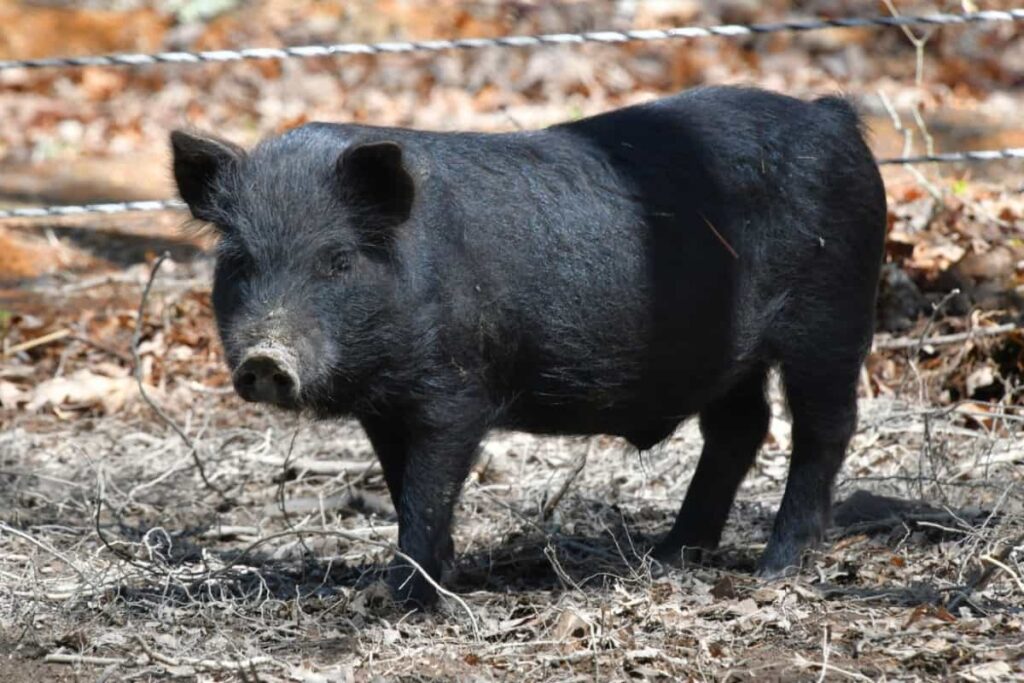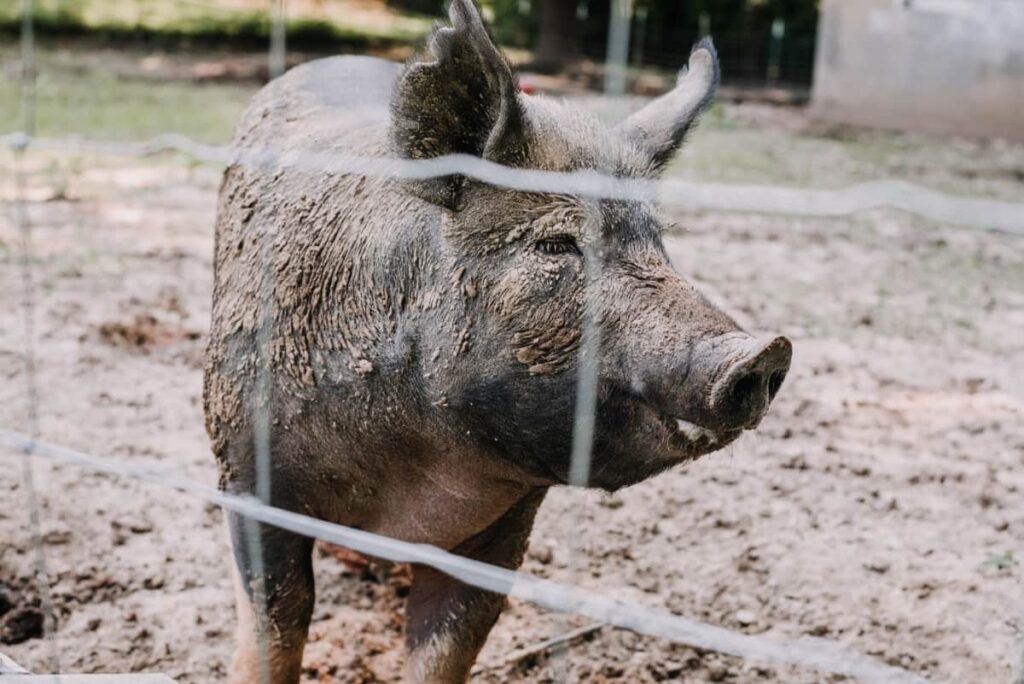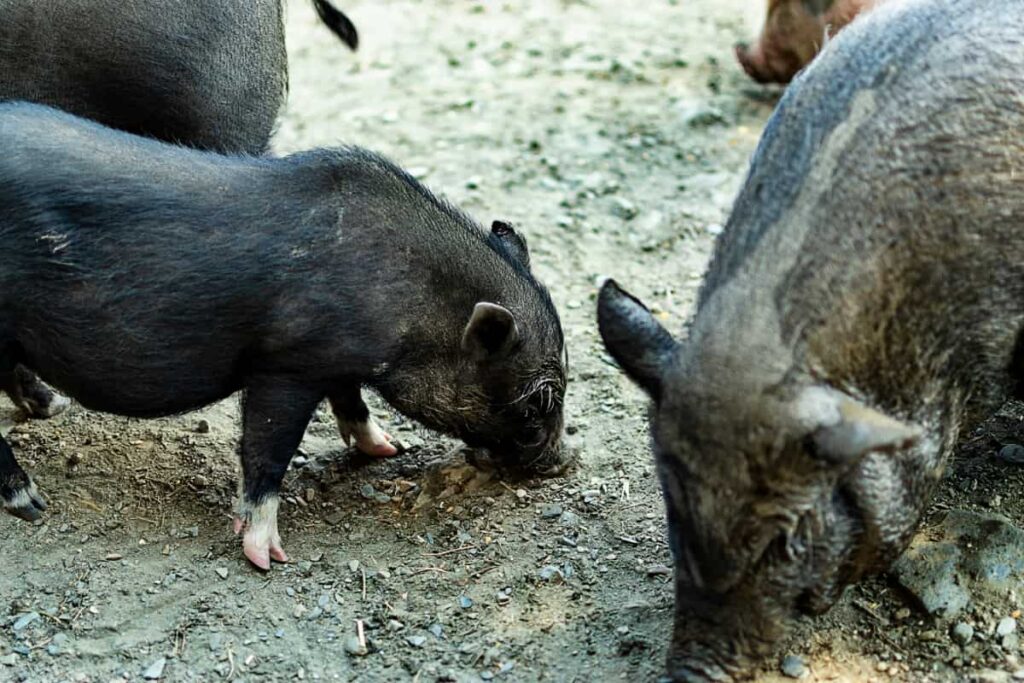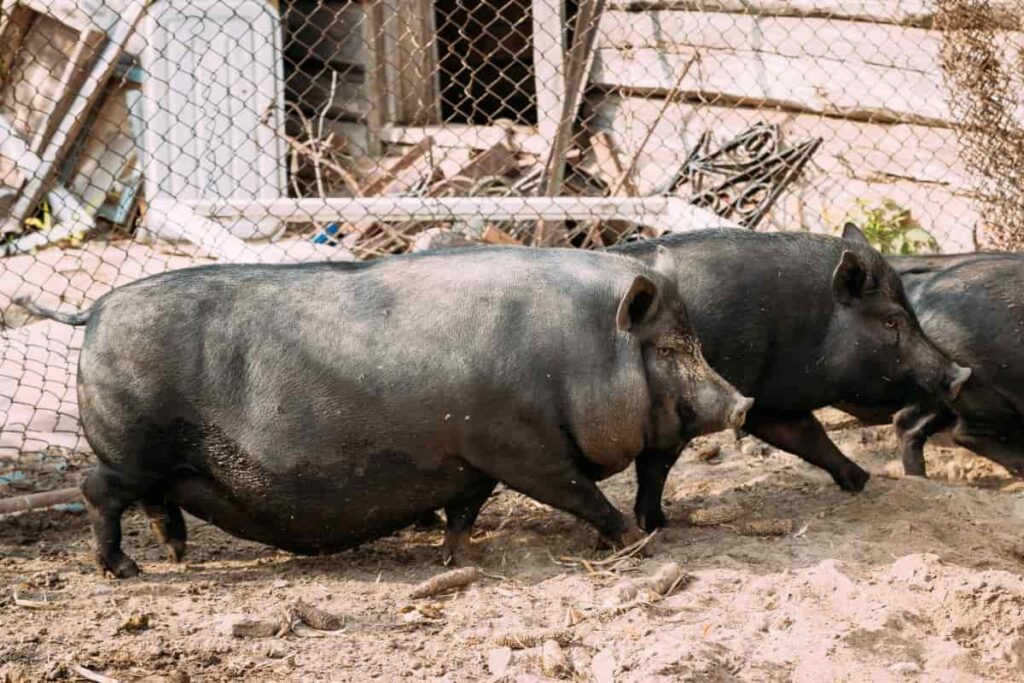Native pig farming is a specialized agricultural practice that focuses on raising and breeding indigenous or local pig breeds. These native breeds have adapted to local climates and conditions over centuries, making them hardy, disease-resistant, and well-suited for small-scale farming operations. Native pig farming offers an avenue for rural development by providing income-generation opportunities for smallholder farmers.

How to Raise Native Pigs
Understand the Basics of Native Pig Farming
Native pig farming is an age-old agricultural practice that involves raising pigs of local or indigenous breeds. These native pigs are well-adapted to the local environment and have certain characteristics that make them suitable for small-scale farming. Supporting native pig farming helps promote local economies by creating employment opportunities for small-scale farmers.
It is crucial for anyone looking to venture into this profitable industry. It starts with knowing the different aspects involved, such as breed selection, environmental requirements, feed management, healthcare practices, breeding techniques, growth optimization methods, marketing strategies, and financial planning.
Select the Right Breeds for Native Pig Farming
You need to research and understand the different native pig breeds available in your area. Each pig breed has its unique characteristics and traits that can affect its suitability for farming purposes. Some may have better meat quality, while others may be more resistant to diseases. Ghoongroo, Niang Megha, Agonda Goan, Tenyi Vo, Nicobari, Doom, Ghori, Zovawk, and Gurrah are examples of native pig breeds.
Remember that selecting the right native pig breed should be based on your goals as a farmer, market demand, available resources, and local environmental conditions. Choosing the right pig breeds is an important decision that can make or break your native pig farming venture. The choice of breed will greatly impact the profitability and sustainability of your farm.
Set Up a Suitable Environment for Native Pigs
Creating a suitable environment for native pigs is essential for their overall well-being. Proper housing facilities should be provided with enough space for pigs to move around comfortably. The most important aspect is providing them with ample space to roam and explore. Native pigs are naturally curious animals and thrive in environments where they have room to move around freely. A well-designed pig pen or enclosure is crucial for their overall well-being. It should be spacious enough to allow them to engage in natural behaviors.
Additionally, the area should be secure and protected from predators, ensuring the safety of the pigs. Proper ventilation is another key element in creating an ideal environment for native pigs. Providing clean drinking water at all times is essential for their hydration needs. It’s important to keep the pig’s living area clean by regularly removing waste material and maintaining proper sanitation practices.
Feed and Nutrition Management for Native Pigs
Providing a balanced diet is important for the growth, health, and productivity of these animals. Native pigs are omnivorous by nature, which means they can consume both plant and animal-based feeds. This gives farmers flexibility when it comes to formulating their diets. A combination of grains, vegetables, fruits, protein sources such as fish or soybean meal, and supplements should be included in their daily diet. It’s also recommended to provide access to clean drinking water at all times.
In case you missed it: Pig Housing Design: How to Create Comfortable and Efficient Living Spaces for Pigs

Feeding strategies may vary depending on the age and stage of development of the pigs. Regular monitoring of feed intake is necessary to prevent under- or overfeeding. Proper storage and handling of feeds are equally important in maintaining their quality and minimizing wastage. Feeders should be cleaned regularly to avoid contamination or spoilage. In addition to providing nutritious feed, ensuring proper digestion is vital for optimal nutrient absorption.
Healthcare and Disease Management in Native Pig Farming
By taking proactive measures, farmers can prevent diseases and maintain the overall health of their pigs. Regular veterinary check-ups are crucial in identifying any potential health issues early on. This allows for prompt treatment, preventing the spread of diseases within the herd. Maintaining good hygiene practices is vital in minimizing disease risks. Additionally, providing clean drinking water free from contaminants is essential for maintaining healthy pigs. Proper nutrition plays a significant role in boosting immunity among native pigs.
Breeding and Reproduction Techniques for Native Pigs
Breeding native pigs requires careful planning and implementation of effective strategies to ensure successful reproduction. The important aspect of breeding is selecting the right boars and sows for mating. It is essential to choose animals with desirable traits such as good body conformation, high fertility rates, and excellent mothering abilities. Proper timing is key to maximizing breeding success.
Monitoring the estrus cycle of female pigs allows you to determine when they are most fertile. This knowledge helps optimize the chances of successful mating by ensuring that females are bred at the optimal time. Artificial insemination (AI) is another popular technique used in native pig farming for controlled breeding purposes.
AI offers several advantages, including increased genetic diversity, disease control, and improved reproductive efficiency. During the farrowing or birthing process, providing comfortable housing conditions with clean bedding helps minimize stress for both sow and piglets. Regular vaccinations should be administered according to your local veterinary recommendations to safeguard against common diseases.
Optimize Growth and Development of Native Pigs
Providing a well-balanced diet is essential. Native pigs require a combination of quality feed that includes grains, vegetables, fruits, and protein sources like soybean meal or fishmeal. Additionally, proper housing and space management plays a significant role in optimizing the growth of native pigs. Regular monitoring of their weight gain is crucial as it enables you to make adjustments if necessary. Implementing regular exercise routines can also aid in optimizing the growth and development of native pigs.
Marketing Strategies for Native Pig Products
Once you have identified these key selling points, highlight them in your marketing materials. Use captivating visuals and compelling storytelling to engage potential customers in your brand. Leverage social media platforms to showcase your native pig products. Consider participating in local farmers’ markets or food festivals where you can directly interact with consumers who value locally sourced, high-quality meats.
In case you missed it: How to Start Pig Farming in Cambodia: Business Plan, Breeds, Cost, Profit, and Management

Develop partnerships that allow them to feature dishes made from your native pork on their menus. Don’t forget about traditional advertising ways such as print ads or radio spots targeted at specific demographics that appreciate quality food options.
Financial Planning and Management in Native Pig Farming
By carefully monitoring your expenses and revenue, you can ensure that your farm operates profitably and remains sustainable in the long run. To begin with, it is essential to create a comprehensive business plan for your native pig farming venture. This plan should outline your financial goals, projected costs, expected revenue streams, and strategies for achieving profitability. One aspect of financial management in native pig farming is cost control.
Carefully monitor your expenses related to feed, housing, healthcare, breeding materials, and marketing efforts. Look for ways to optimize these costs without compromising the health or well-being of your pigs. Additionally, consider diversifying your income sources by exploring various marketing strategies for native pig products. Keep accurate records of expenditures associated with your native pig farming operation. They can provide insights into best practices for financial planning specific to native pig farming operations.
Frequently Asked Questions (FAQ) on Native Pig Farming
Why Choose Native Pigs Over Exotic Breeds?
The advantage of native pigs is their ability to thrive in diverse climates and conditions with minimal inputs. They exhibit excellent heat tolerance, disease resistance, and adaptability, making them less susceptible to health issues compared to exotic breeds.
Is It Necessary to Provide Veterinary Care for My Native Pigs?
Regular vaccinations and check-ups by a veterinarian can prevent diseases and ensure the optimal health of your herd.
How Should I Feed My Native Pigs for Optimal Growth?
A balanced diet plays a crucial role in achieving optimal growth rates in native pigs. Provide a combination of locally available feeds like corn bran or rice bran along with protein-rich supplements such as soybean meal or fishmeal.
In case you missed it: How to Start Sustainable Pig Farming: Business Plan, Benefits, and Requirements

Conclusion
Native pig farming plays a crucial role in sustainable agriculture and food production. Raising native pigs can contribute to preserving local heritage breeds and genetic diversity. These indigenous pig breeds have evolved to adapt to their specific environments, making them more resilient to diseases and harsh conditions. Native pig farming involves rearing indigenous pig breeds that are well-adapted to local conditions.
- Profitable Village Farming Business Ideas in 2024
- High-Yield Aquaculture: Fast-Growing Fish for Farming
- Effective Fish Pond Construction Techniques for Beginners
- Irrigation and Water Management in Pineapple Farming
- Blossom to Harvest: Mastering Flowering and Pollination in Papaya Farming
- Pig Fattening Essentials: From Selection to Sale for Beginners
- Raising Wagyu Cattle: A Complete Guide for Premium Beef Production
- Soil Types and Their Water Holding Capacity
- Optimizing Irrigation Schedules for Coconut Groves for Enhanced Yield
